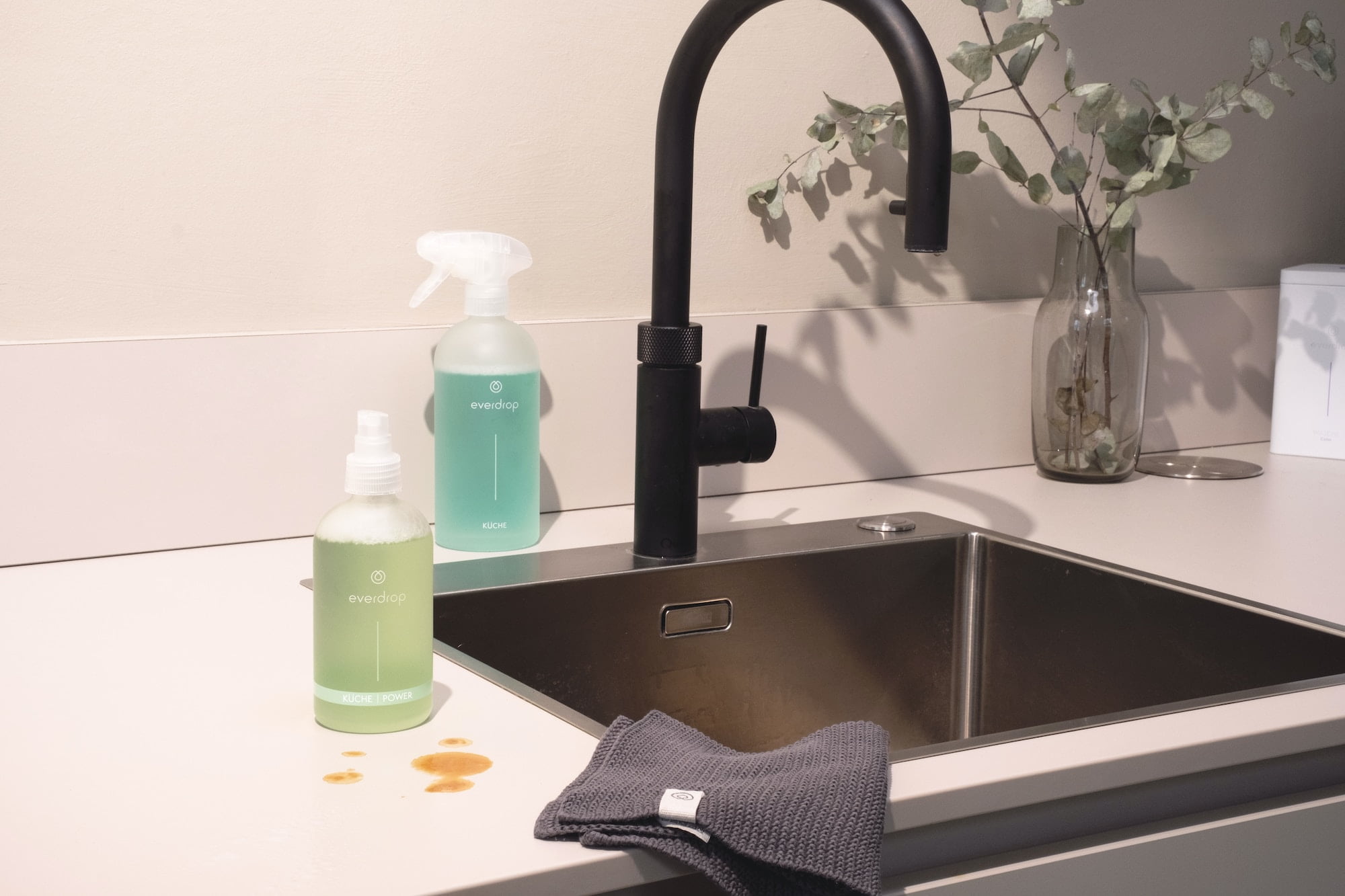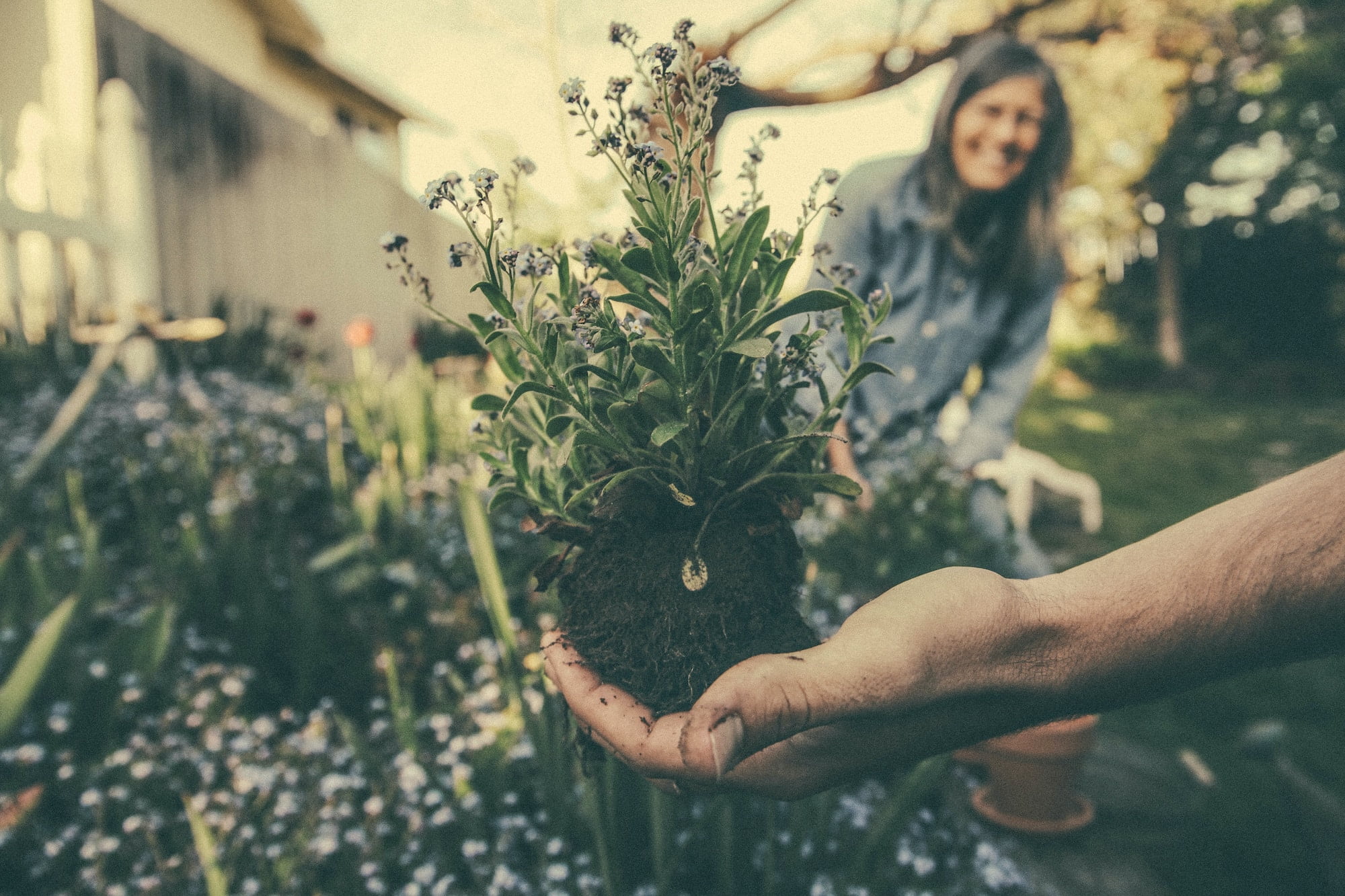Growing your own food is a satisfying and enjoyable hobby and a way to improve your health, save money, and reduce your environmental impact. With the increasing awareness of the benefits of locally grown, organic produce, more and more people are turning to home gardening to supplement their diets and support sustainable living practices. This guide will delve into the many advantages of growing your own food and provide helpful tips for getting started.
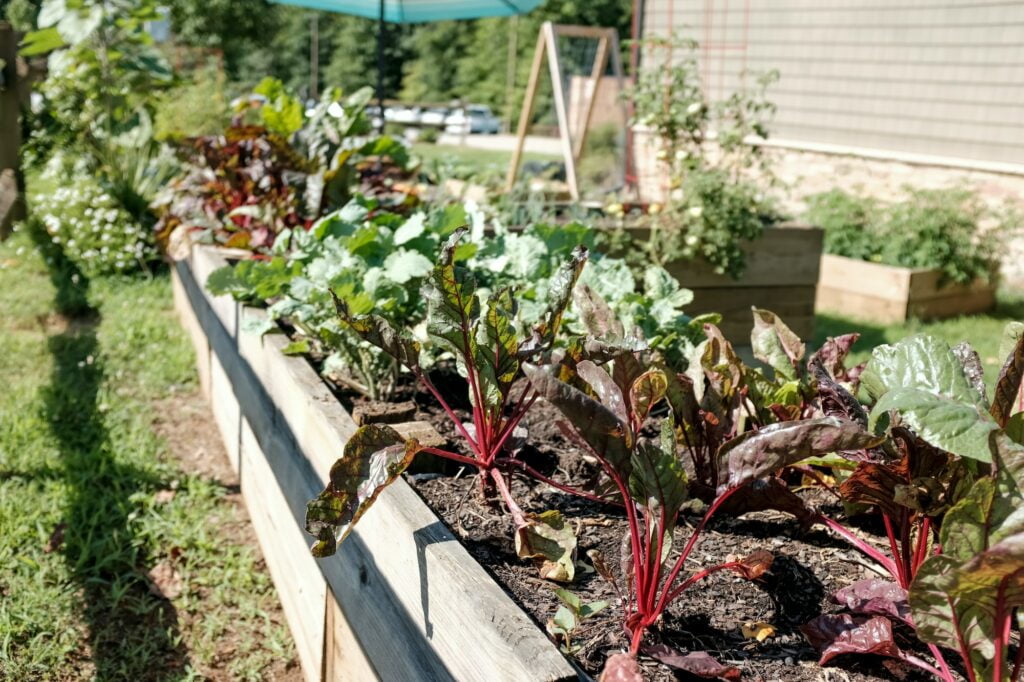
Health Benefits
Growing your own food can significantly affect your health, including improved nutrition, increased physical activity, and enhanced mental well-being.
Nutritional Advantages
When you grow your own food, you control the entire process, from seed selection to harvest. This means you can choose to cultivate organic, nutrient-dense fruits, vegetables, and herbs without harmful pesticides or synthetic fertilizers. Homegrown produce is typically fresher than store-bought counterparts, as it can be harvested at peak ripeness and consumed immediately. This results in higher nutrient content and better taste, making it easier and more enjoyable to incorporate fruits and vegetables into your diet.
Physical Activity
Gardening is a form of physical activity that can help you stay active and maintain a healthy weight. Tasks such as digging, planting, weeding, and watering provide moderate exercise, which can contribute to improved cardiovascular health, muscle strength, and flexibility. Additionally, spending time outdoors in nature can help boost your immune system and increase your exposure to vitamin D from sunlight.
Mental Health and Well-Being
Gardening is a therapeutic activity that can help reduce stress, anxiety, and depression. Nurturing plants and witnessing their growth provides a sense of accomplishment and purpose, which can improve self-esteem and overall well-being. Furthermore, connecting with nature and engaging in a mindful, creative activity can help promote relaxation and foster a sense of peace and tranquility.
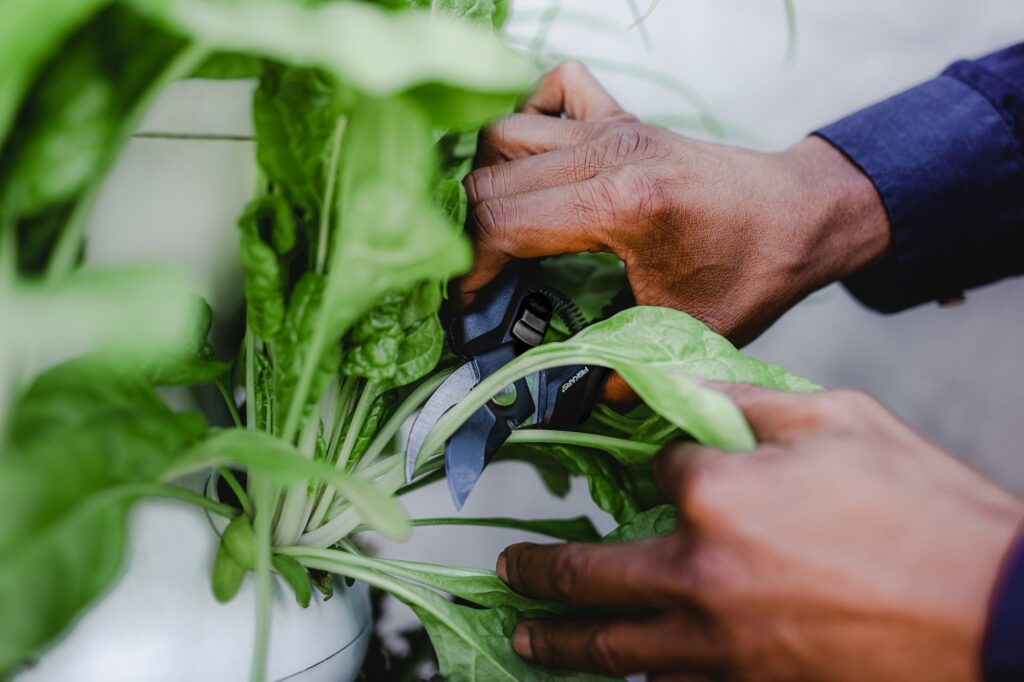
Financial Benefits
Growing your own food can help you save money on groceries and increase your self-sufficiency.
Cost Savings
By cultivating your own fruits, vegetables, and herbs, you can reduce your grocery expenses, especially if you focus on growing high-yield and seasonal crops. The initial investment in seeds, plants, and gardening supplies can be offset by the cost savings you’ll experience over time. Additionally, by preserving excess produce through canning, freezing, or drying, you can extend your savings and enjoy homegrown food throughout the year.
Self-Sufficiency
Growing your own food can increase self-sufficiency and reduce reliance on commercially produced goods. By learning to grow and preserve your own produce, you gain valuable skills that can help you become more resilient in the face of economic fluctuations or supply chain disruptions. In addition, having access to a reliable source of fresh, nutritious food can provide a sense of security and independence.
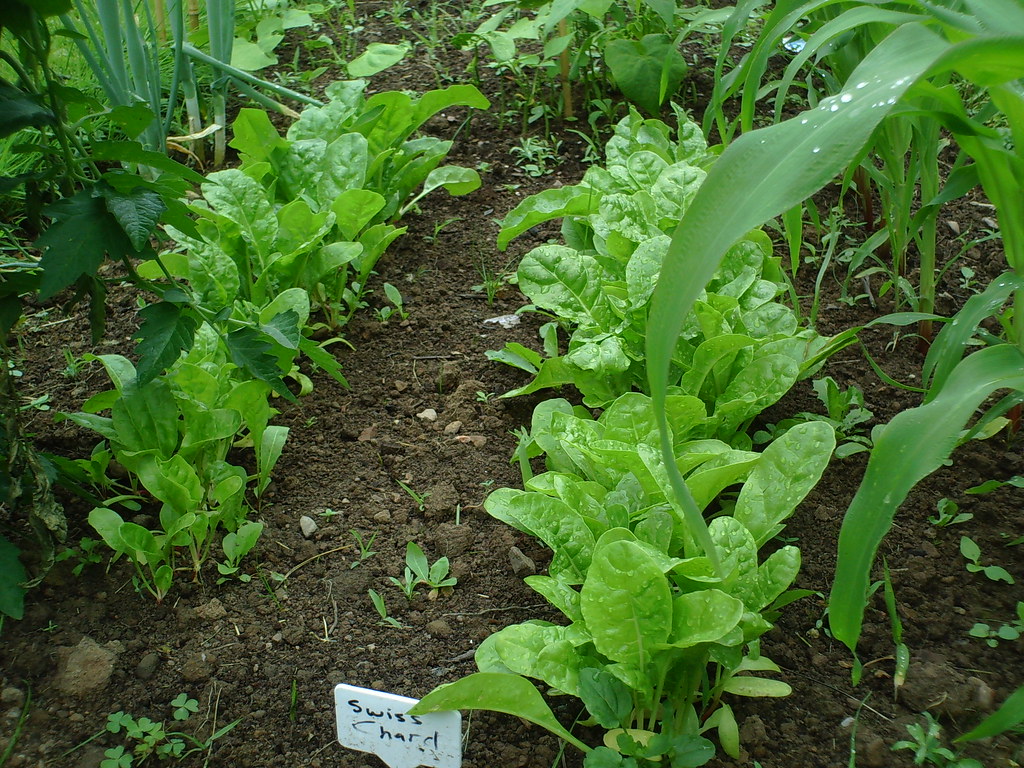
Environmental Benefits
Cultivating your own garden can positively impact the environment by reducing your carbon footprint, conserving resources, and supporting biodiversity and ecosystems.
Reduced Carbon Footprint
Transportation and production of commercially grown food contribute to greenhouse gas emissions and climate change. By growing your own food, you can help reduce your carbon footprint by minimizing the distance your food travels from farm to table. Additionally, home gardens can absorb carbon dioxide and release oxygen, helping to improve air quality.
Conservation of Resources
Commercial agriculture often involves using large amounts of water, synthetic fertilizers, and pesticides, which can deplete natural resources and harm the environment. Home gardening, especially when using organic and sustainable practices, can help conserve resources by reducing the need for synthetic inputs and promoting efficient water usage through methods such as rainwater collection and drip irrigation.
Biodiversity and Ecosystem Support
Home gardens can provide valuable habitats for various beneficial insects, birds, and other wildlife. By planting a diverse range of native and pollinator-friendly plants, you can help support local ecosystems and promote biodiversity. Furthermore, by avoiding harmful pesticides and synthetic fertilizers, you can help protect the health of the soil, water, and surrounding ecosystems.
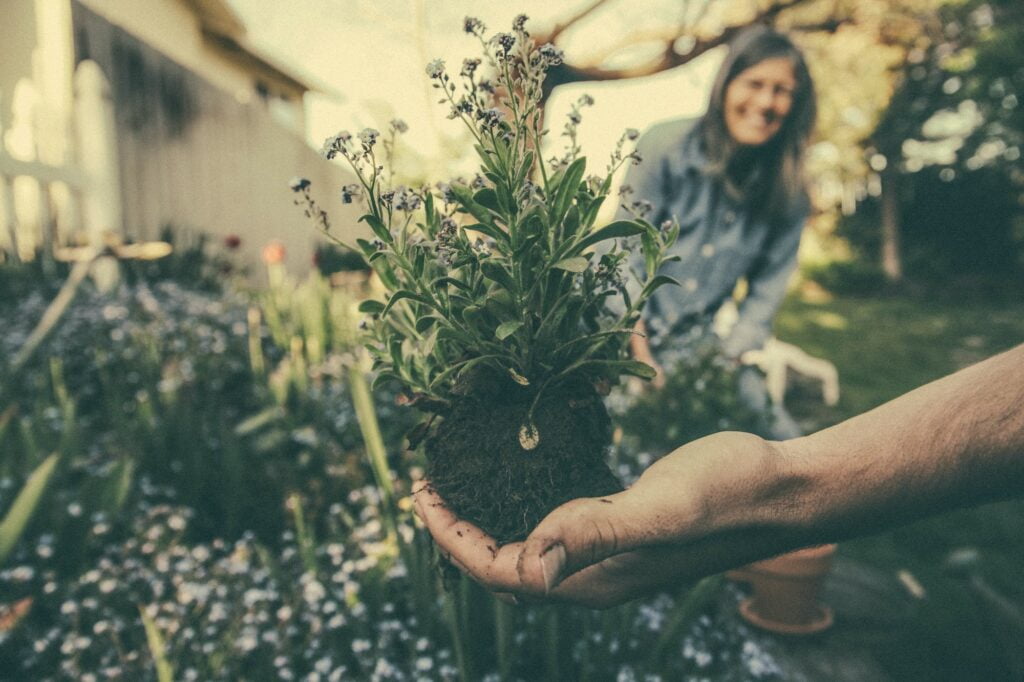
Social Benefits
Growing your own food can foster community and contribute to education and skill development.
Community Building
Gardening can unite people and help build connections within your neighborhood or community. Sharing gardening tips, exchanging seeds or plants, and collaborating on community garden projects can foster social bonds and create a sense of belonging. In addition, sharing your homegrown produce with friends, family, or neighbors can help strengthen relationships and promote a culture of generosity and mutual support.
Education and Skill Development
Gardening provides an opportunity to learn about plant biology, ecology, and sustainable living practices. By cultivating your own garden, you can develop valuable skills such as problem-solving, patience, and perseverance. Additionally, gardening can serve as a hands-on educational experience for children, helping them learn about the natural world and the importance of environmental stewardship.
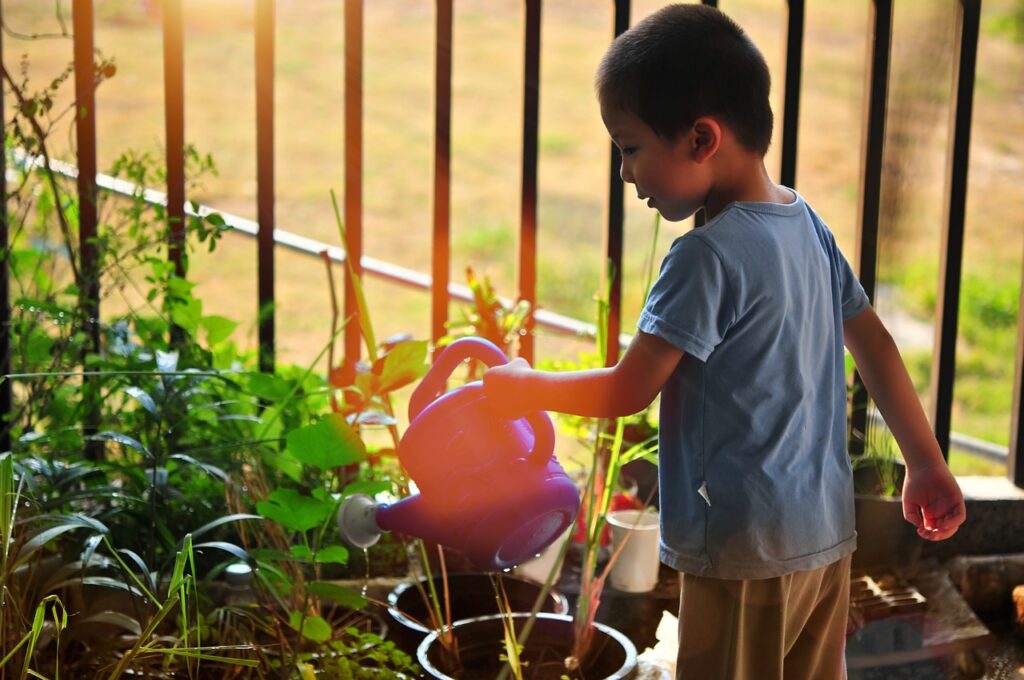
Getting Started
Starting a garden may seem daunting, but you can grow your own food with a little planning and preparation. Here are some tips to help you get started.
Assess Your Space
Evaluate the space available for gardening, considering factors such as sunlight, soil quality, and water access. If you have limited space or live in an urban environment, consider container gardening or vertical growing techniques to maximize your growing area.
Choose Your Plants
Select plants suitable for your climate and growing conditions, and consider planting a mix of annual and perennial crops to ensure a steady supply of produce throughout the year. When choosing what to grow, consider your personal preferences, nutritional needs, and the potential yield of each plant. It’s also good to start with easy-to-grow varieties to build your confidence and gain experience.
Soil Preparation
Healthy soil is the foundation of a successful garden. Start by testing your soil to determine its pH, nutrient levels, and texture. Amend your soil with organic matter such as compost, aged manure, or leaf mold to improve its fertility, structure, and water-holding capacity. Be sure to also practice crop rotation and cover cropping to maintain soil health and prevent the buildup of pests and diseases.
Planting and Care
Follow the recommended planting guidelines for each crop, considering factors such as spacing, depth, and timing. Be sure to provide your plants with adequate water, especially during critical growth stages, and use mulch to help conserve moisture and suppress weeds. Regularly monitor your garden for signs of pests or diseases and address any issues promptly using organic and integrated pest management strategies.
Harvesting and Storage
Harvest your produce at peak ripeness to ensure maximum flavor and nutritional content. Familiarize yourself with the proper harvesting techniques for each crop to avoid damaging the plants and ensure a successful yield. After harvest, store your produce correctly to maintain freshness and prevent spoilage. Consider preserving excess produce through canning, freezing, or drying to extend its shelf life, and enjoy your homegrown food throughout the year.
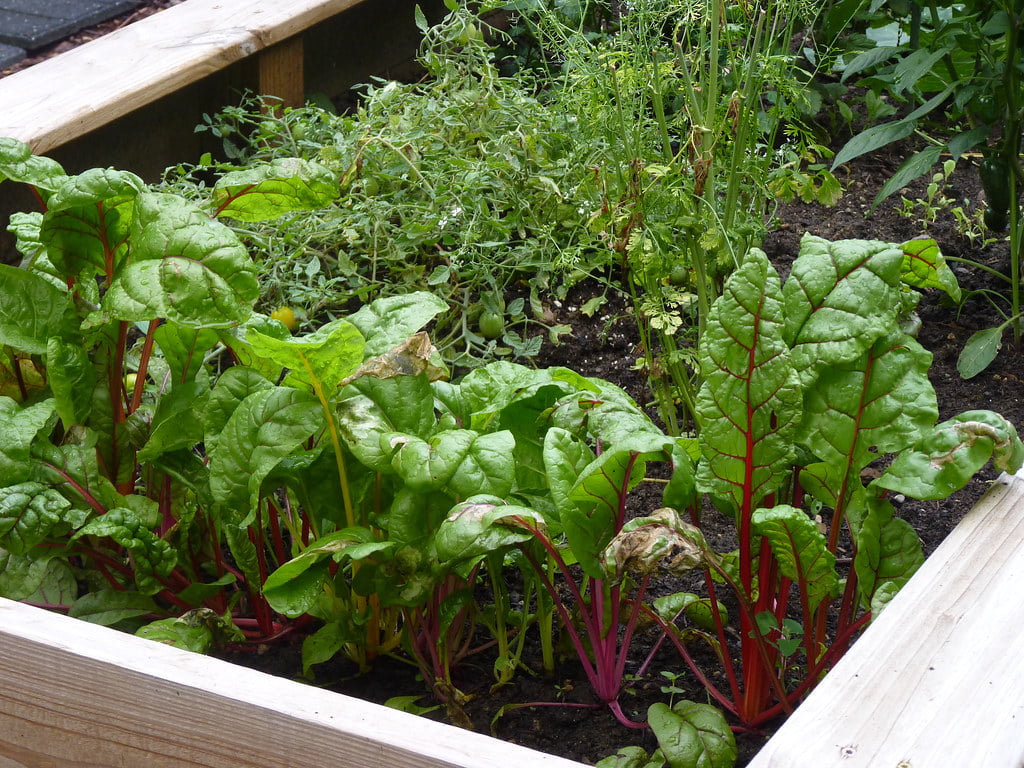
Wrapping Up
Growing your own food offers numerous health, financial, environmental, and social benefits. From improved nutrition and increased self-sufficiency to reduced carbon footprint and community building, cultivating a garden is a rewarding and impactful way to support a more sustainable lifestyle. Following the tips and guidance in this beginner’s guide, you can embark on your gardening journey and experience the many joys and advantages of growing your own food.

